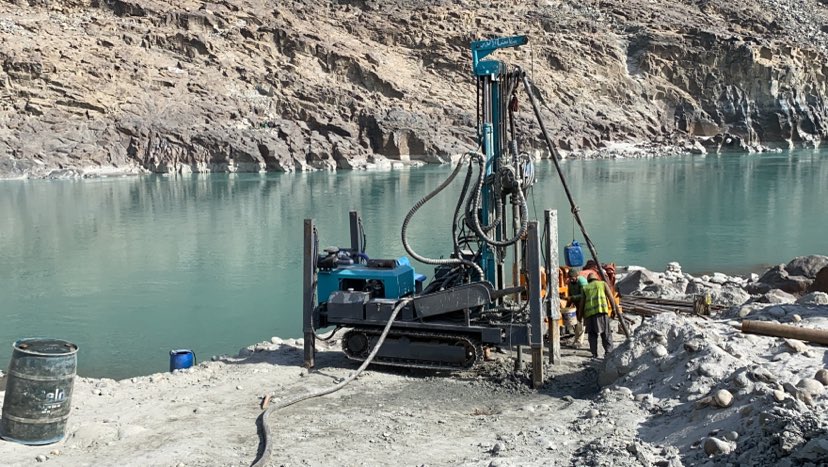Image Source: Google
Dams play a crucial role in managing water resources, providing hydroelectric power, and preventing floods. These structures must be built to withstand various forces and conditions, making geotechnical investigations a vital step in their design and construction process. Geotechnical investigations involve studying the soil, rock, and groundwater conditions at a dam site to ensure its stability and longevity.
The Importance of Geotechnical Investigations
Geotechnical investigations are essential for several reasons when it comes to dams:
1. Determining the Suitability of the Site
- Dam geotechnical investigation services help determine if a site is suitable for constructing a dam. By studying the soil and rock conditions, engineers can assess whether the site can support the weight of the dam and withstand the forces exerted on it.
2. Designing the Foundation
- Based on the findings of geotechnical investigations, engineers can design the foundation of the dam to ensure it is stable and secure. Factors such as soil type, strength, and permeability are taken into account during the design process.
Methods Used in Geotechnical Investigations
Geotechnical investigations involve various methods to study the subsurface conditions at a dam site:
1. Drilling
- Drilling is a common method used to collect soil and rock samples from different depths. These samples are analyzed to determine the composition, strength, and other properties of the subsurface materials.
2. Seismic Testing
- Seismic testing involves generating and recording seismic waves to assess the subsurface geology. This method helps identify rock layers, faults, and other potential hazards that could affect the dam's stability.
3. Cone Penetration Testing (CPT)
- CPT is a method used to determine the soil's properties in real-time. A cone-shaped probe is pushed into the ground, and measurements are taken to evaluate the soil's strength, density, and other characteristics.
Challenges in Geotechnical Investigations
Despite the advancements in geotechnical engineering, there are still challenges that engineers face during geotechnical investigations of dams:
1. Heterogeneous Soil Conditions
- Soil conditions can vary significantly within a dam site, making it challenging to obtain accurate data. Engineers must use various methods and techniques to account for these variations.
2. Groundwater Seepage
- Groundwater seepage can weaken the foundation of a dam and lead to stability issues. Detecting and mitigating groundwater seepage require careful monitoring and analysis during geotechnical investigations.
Impact of Geotechnical Investigations on Dam Safety
Geotechnical investigations have a direct impact on the safety and performance of dams:
1. Ensuring Stability
- By evaluating the subsurface conditions and designing the dam accordingly, geotechnical investigations help ensure the stability of the structure. This is crucial for preventing dam failures and protecting downstream areas.
2. Longevity of Dams
- Proper geotechnical investigations contribute to the longevity of dams by identifying potential risks and designing solutions to mitigate them. This helps extend the lifespan of dams and reduce maintenance costs over time.


